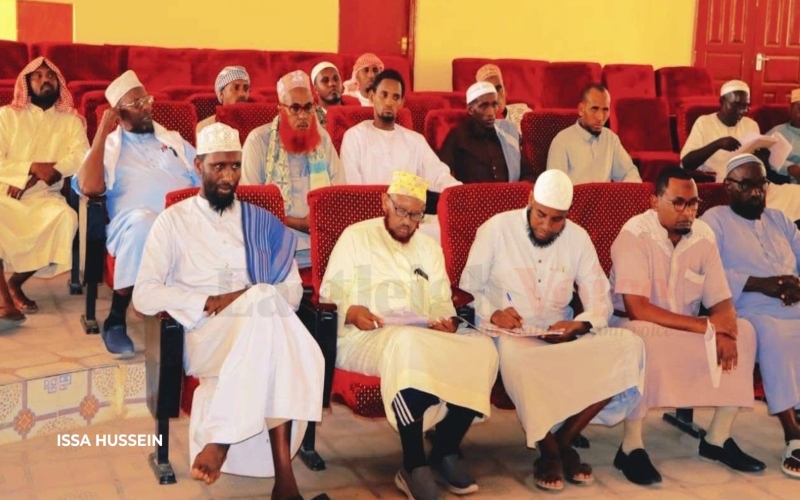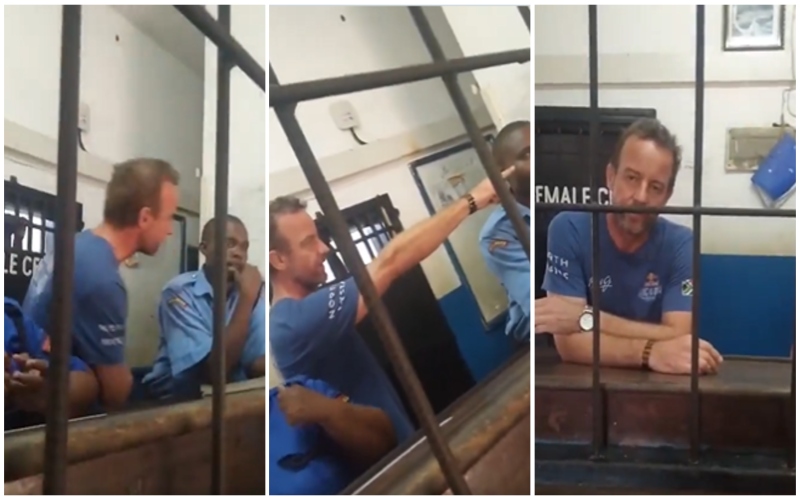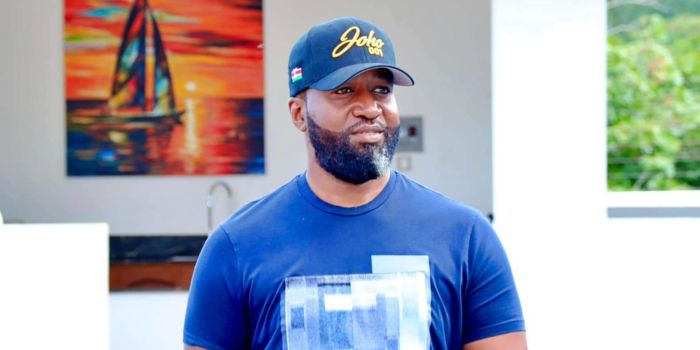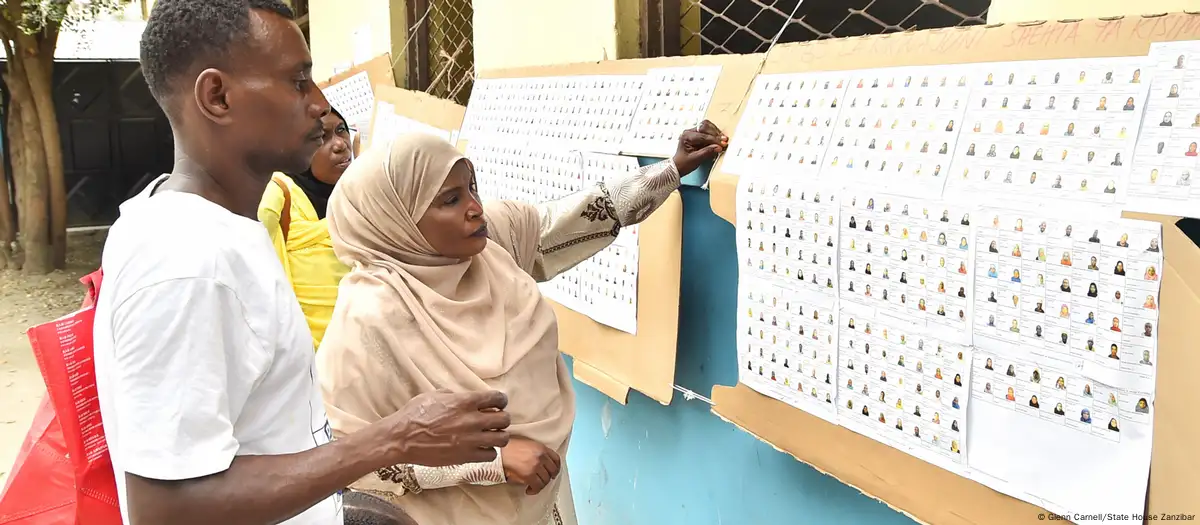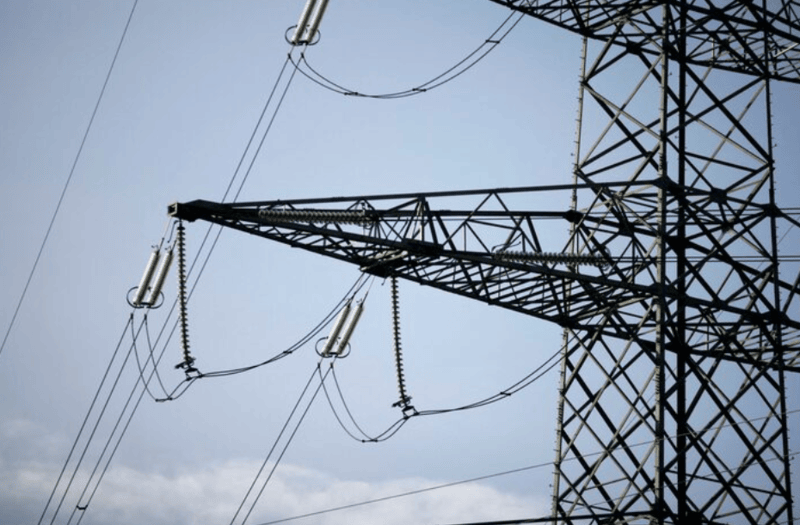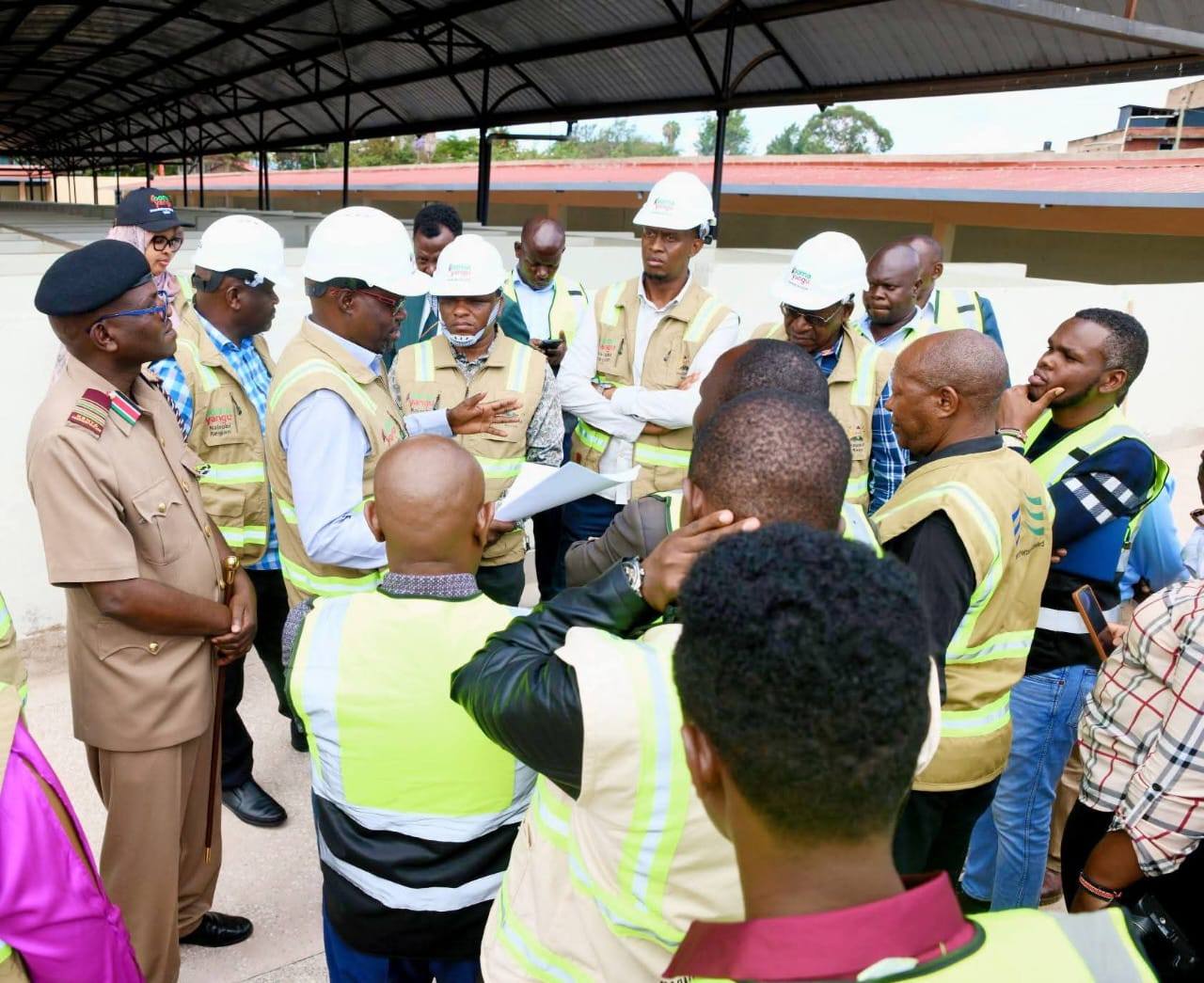Activists propose arrest powers for IPOA amid rising cases of police brutality
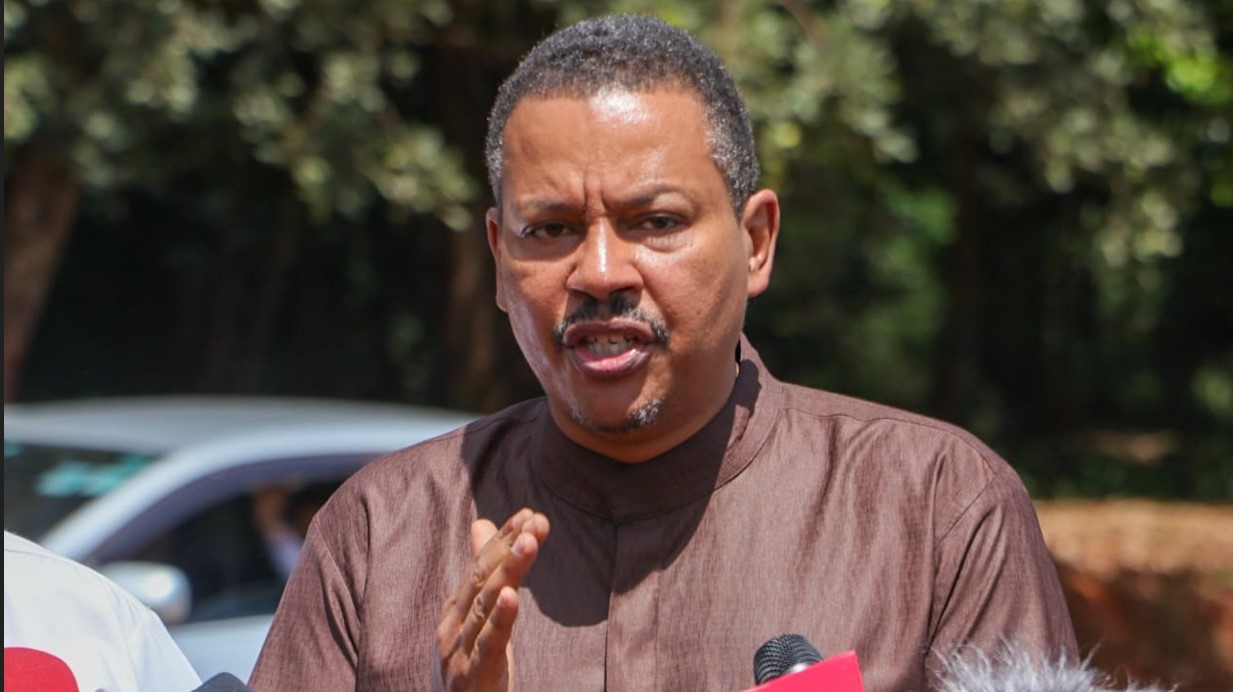
The activists want IPOA empowered to arrest rogue officers and oversee other security agencies such as the Kenya Defence Forces (KDF), Kenya Forest Service (KFS), and Kenya Wildlife Service (KWS).
Activists, including Amnesty International, have proposed expanding the mandate of the Independent Policing Oversight Authority (IPOA), citing rising concern over police brutality and impunity.
The activists want IPOA empowered to arrest rogue officers and oversee other security agencies such as the Kenya Defence Forces (KDF), Kenya Forest Service (KFS), and Kenya Wildlife Service (KWS), which conduct policing operations without independent oversight.
More To Read
- Outrage after viral video shows Dutch national insulting police officer in Diani
- Police break up demo at Mudavadi’s office as anger grows over Kampala abductions
- IPOA probes fatal shooting of Kitale student at Kibomet pool hall
- Rights groups condemn silence from Ruto, Museveni as abducted Kenyan activists suffer in Uganda
- Government gazettes transfer of Amboseli National Park management to Kajiado County
- Outrage in Turkana South as two police reservists are shot dead allegedly by KDF officers
The renewed calls come in the wake of the fatal police shooting of 22-year-old street vendor Boniface Kariuki during Tuesday’s protests in Nairobi. The demonstrations were sparked by public anger over the death of blogger and teacher Albert Ojwang, who died in police custody on June 8.
Kariuki was shot in the head at close range by a balaclava-wearing police officer and left for dead. He is currently undergoing treatment in critical condition at the Kenyatta National Hospital. Officers in connection with the shooting have since been arrested and arraigned.
Speaking during an interview with NTV on Thursday, June 19, Amnesty International Kenya Executive Director Irũngũ Houghton called for a strengthened IPOA with the ability to act independently and swiftly in cases of police misconduct.
“We want to see IPOA have the capacity to arrest officers. Up to now, they still cannot do that, and it is why in Ojwang’s case, they had to go with the Internal Affairs Unit officers to effect the arrest,” Houghton said.
He added that IPOA’s current scope leaves critical gaps in accountability, as it does not extend to officers in other state agencies engaged in policing.
“They also need to expand their jurisdiction so that their mandate covers KWS officers, KFS and the KDF because they are still doing policing duties. Who is oversighting them in this role they were given last year?” Houghton posed.
Ojwang died while in custody at the Central Police Station in Nairobi after his arrest in Homa Bay. Police initially claimed he died from self-inflicted injuries, but an autopsy revealed signs of physical assault. Two officers have been arrested over the incident.
The death prompted protests across the Nairobi Central Business District, where demonstrators demanded the resignation and prosecution of Deputy Inspector General of Police Eliud Lagat. Lagat has since stepped aside to allow investigations.
“It is beyond changing the individuals in these positions… the behaviour of police must change to reverse the culture of enforced disappearances and killings,” Houghton said, warning against the criminalisation of dissent and protest.
But not everyone supports IPOA’s expanded role.
Kimilili Member of Parliament Didmus Barasa has threatened to introduce a constitutional amendment to limit the powers of the police oversight body, accusing it of creating fear within the ranks of the National Police Service (NPS).
Speaking at Parliament Buildings, Barasa defended police officers amid the ongoing backlash, saying the national conversation had become one-sided and unfair to law enforcers.
“I am perturbed by the way the protesters are treating our law enforcement agencies, and I am equally shocked by the manner in which some leaders are attacking police officers,” Barasa said.
“If this trend continues, it will be difficult for police officers to maintain law and order for fear of prosecution.”
He claimed IPOA had become fixated on punishment rather than understanding the complex realities officers face in the line of duty.
“When a judge makes a mistake, we say ‘the court erred.’ But when a police officer makes a mistake, he is arrested, dismissed, or prosecuted. That is why I will be proposing amendments to either reduce the mandate of IPOA or disband it altogether,” he said.
Barasa argued that IPOA should not duplicate investigations already being handled internally by police mechanisms, likening the overlap to Parliament meddling in active court cases.
He particularly questioned the arrest of the Officer Commanding Station (OCS) at Central Police Station in connection with Ojwang’s death, insisting the OCS was not on duty at the time.
“From where I sit, I think it was very unfair for the OCS to be arrested. The person who was on duty when Ojwang was booked into the OB should be the one facing questions. But IPOA rushed to arrest the OCS, and that sends the wrong message,” he said.
Barasa also cited a viral video from a protest in Bungoma in which a young woman allegedly attempted to slap a female police officer, saying such behaviour has made officers hesitant to respond for fear of reprisal.
“We have reached a dangerous point where civilians feel bold enough to intimidate police officers, even those armed and in uniform,” he said.
“If an officer retaliates, IPOA opens a file. We are creating an environment where the police are powerless.”
While stressing that his campaign is not a blanket defence of rogue officers, Barasa maintained that the entire service should not be condemned due to isolated incidents.
“Yes, there are isolated cases where police have acted outside the law, and they should be dealt with individually. But we cannot condemn the entire service for the mistakes of a few,” he said.
On Deputy Inspector-General Eliud Lagat’s decision to step aside, Barasa termed it “unfortunate and unnecessary,” arguing that Lagat had simply reported a complaint, as required by law.
He urged the public to reflect on the challenges police officers face, particularly in volatile regions like West Pokot, Suguta Valley, and Baringo.
“Without the police, we would descend into anarchy. Let us be careful not to trade the rule of law for mob justice disguised as accountability,” he warned.
Top Stories Today
